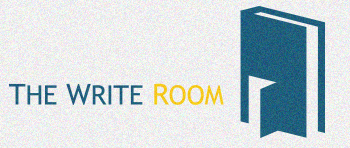

Incomplete and Incorrect Comparisons
Good writing is clear and concise. Incomplete and incorrect comparisons take away from clarity, and should therefore be avoided. Yet many of the authors I work with have a tendency to use incomplete comparisons.
For example:
Incomplete: This technique will give students a more positive view of homework. More than what?
Wrong: A chicken egg is smaller than an emu.
Complete: Upon learning this technique, students will have a more positive outlook of homework than they had prior to learning it.
Correct but a bit wordy: An egg of a chicken is smaller than an egg of an emu.
Clear and concise: An egg of a chicken is smaller than that of an emu.
Ditto. Clear and concise: An egg of a chicken is smaller than an emu’s.
 Tweet
Tweet

 Tweet
Tweet



